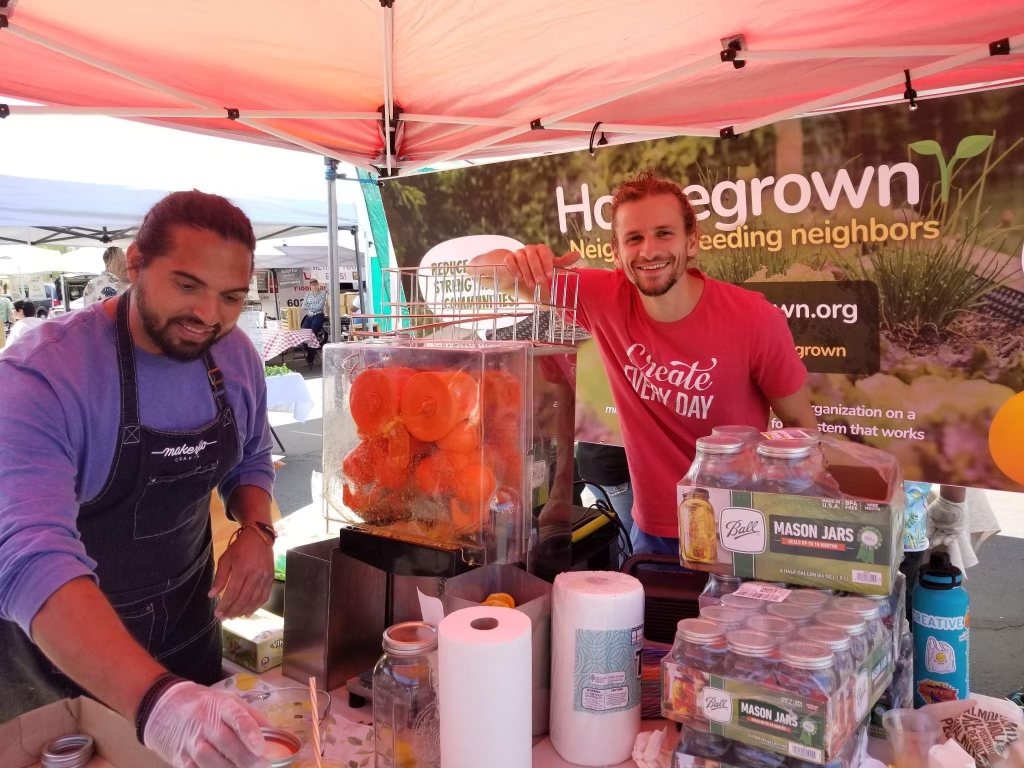
About our Charity
We are Homegrown Foods, also doing business as Permascaping & Fertile Grounds.
Our mission is to build self-sufficient communities—villages that are food-secure, water-secure, and waste-free.
Meet the Dream Team
Homegrown/Permascaping is more than a nonprofit — we are a highly efficient cooperative of specialized solo business owners and subject matter experts coming together to build a shared vision:
A world of abundance for all, regenerative to Mother Nature.
-
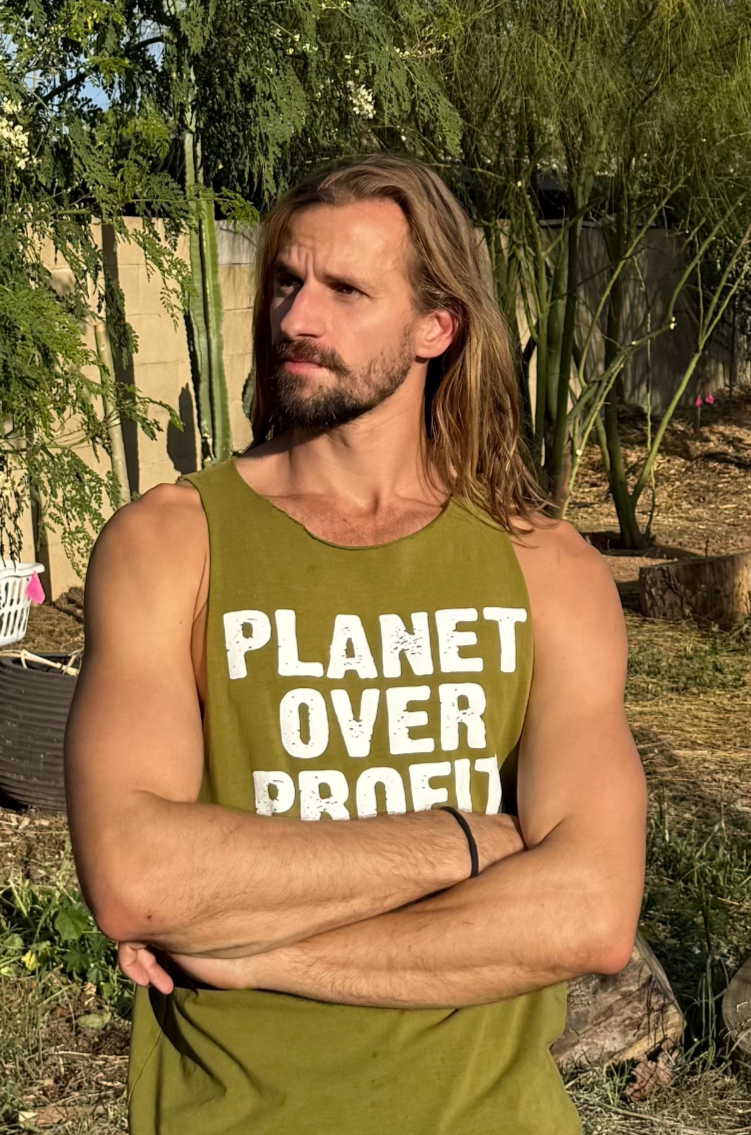
Jérémy Chevallier
Board President & Permaculture Designer
Founder, Homegrown Foods, Permascaping, & Fertile Grounds
-

Tatiana Conta
Board Secretary, Administrative HR, Land Operations Manager
Manager, Fertile Grounds LLC
-
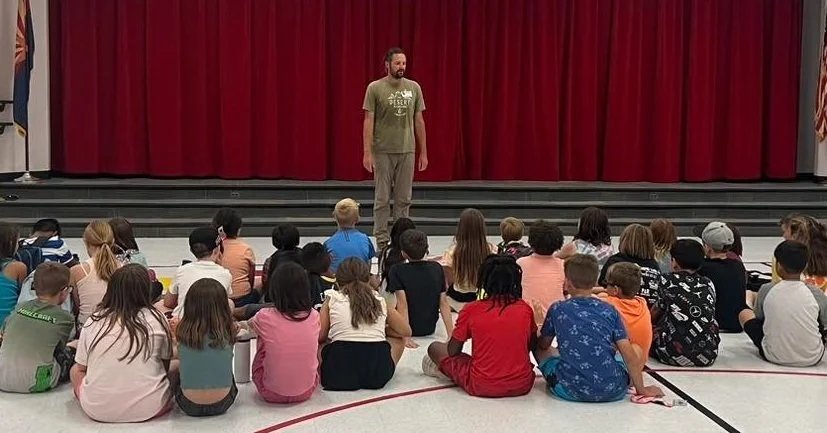
Clint Culberson
Permaculture Designer & Crew Foreman
Founder, Galaxy Gardens
-

Evan Duteau
Active Rainwater Systems Specialist
Cofounder, Galaxy Gardens
-
3D Designer – could it be you?
3D Landscape Architecture
-

Jared Portugal
Arborist
Founder, Tree Guardians AZ -
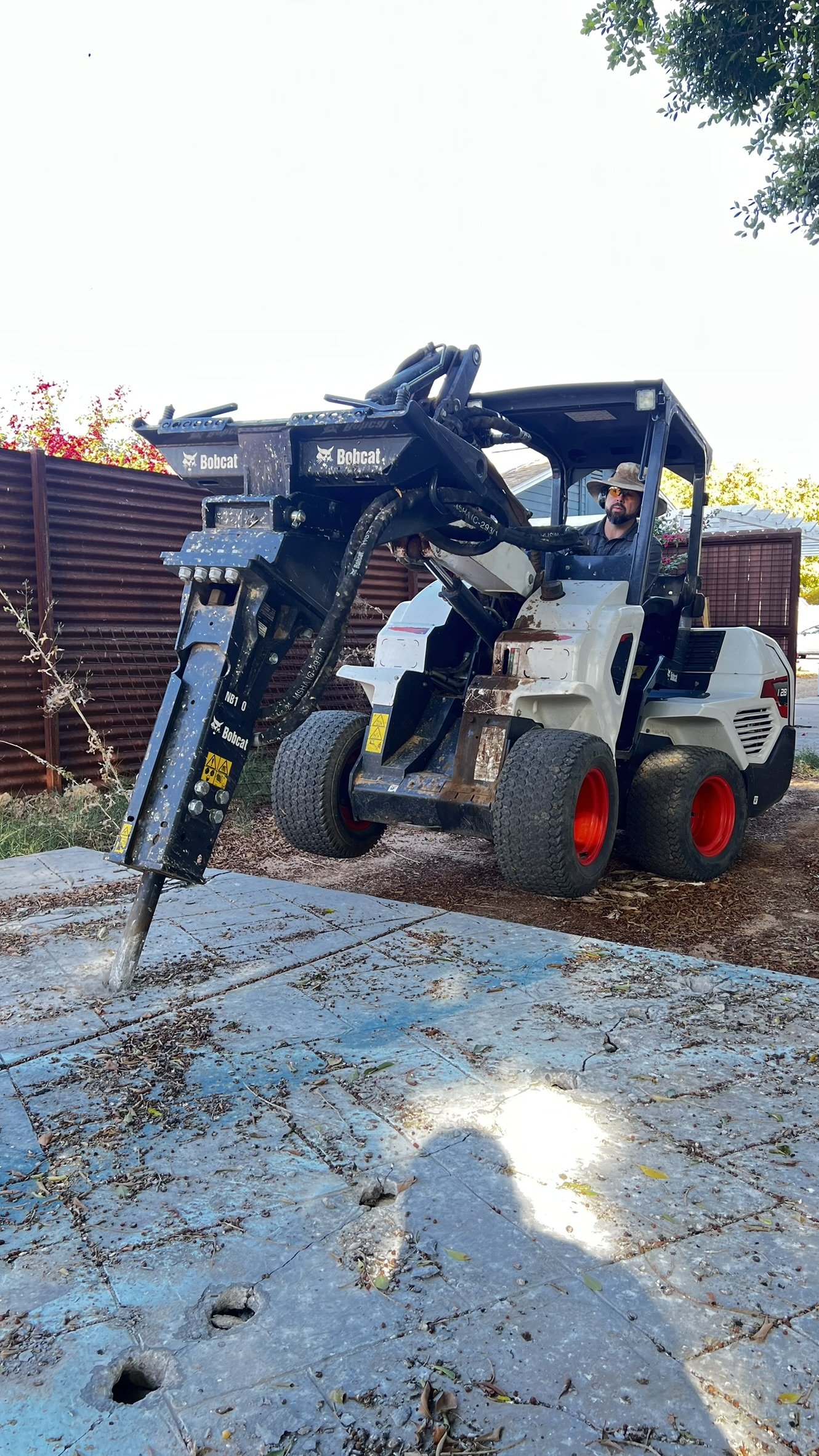
Machine Mike™ Campbell
Crew Foreman & Heavy Equipment Operator
Founder, Guru Services
-
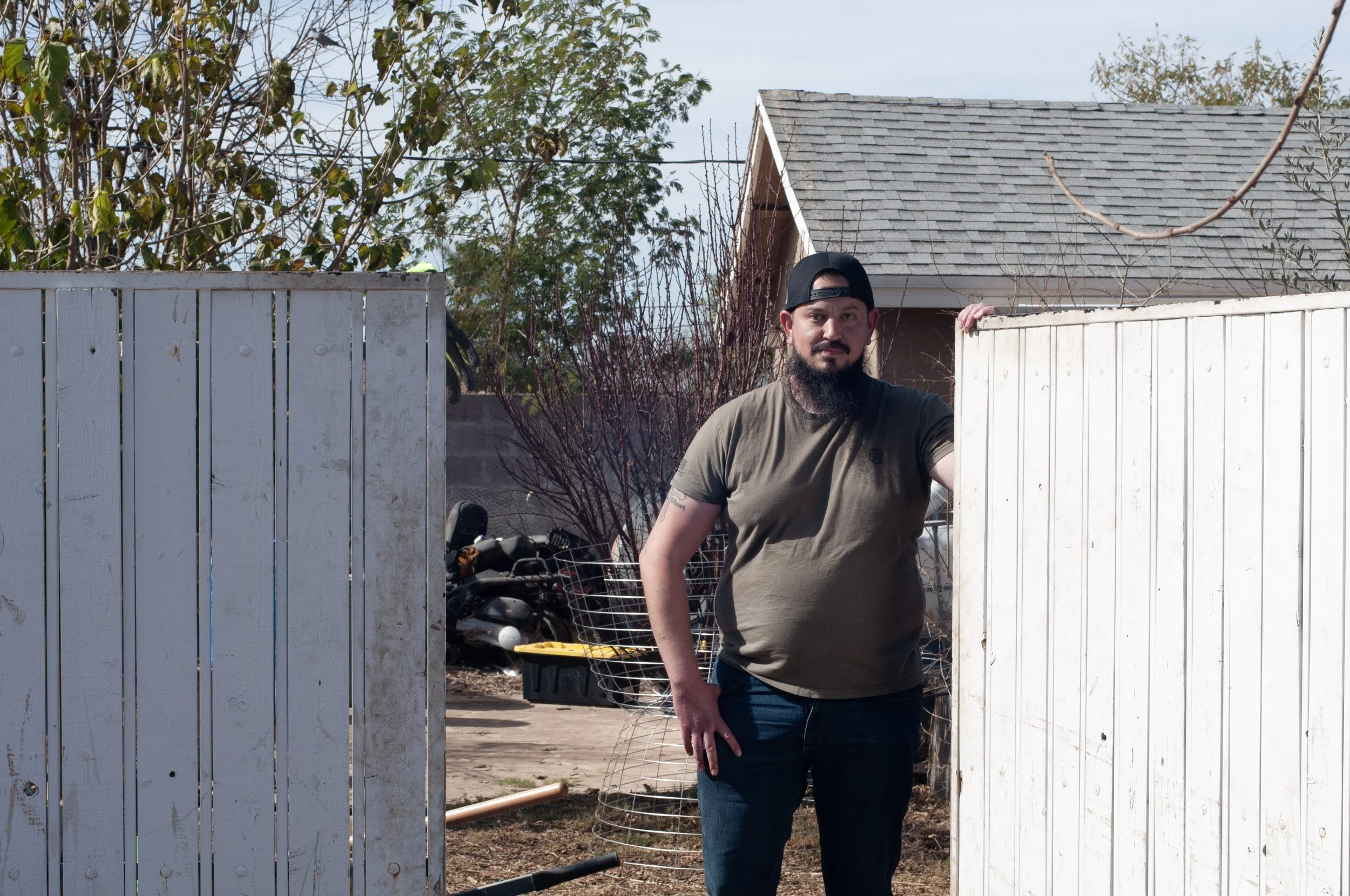
Christopher Macy
Founder & Program Manager
Phoenix Food Forest Initiative -

Cactus Kelly
Sonoran Desert Foods Director
Founder, CactusKelly.com -
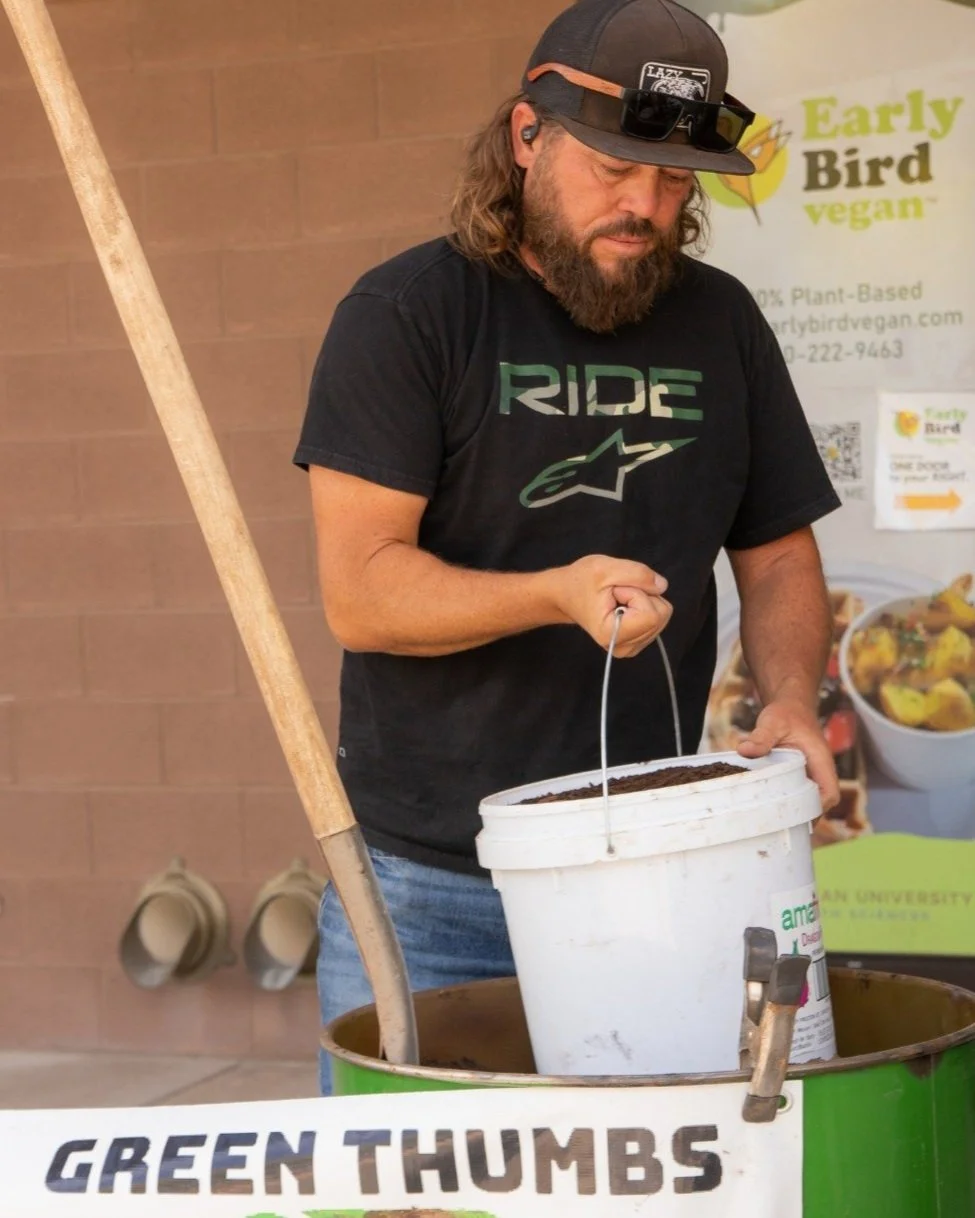
Russell Brewer
Board Secretary & Soil Scientist
Founder, Growers Best Organics & Green Thumbs Recycling
-
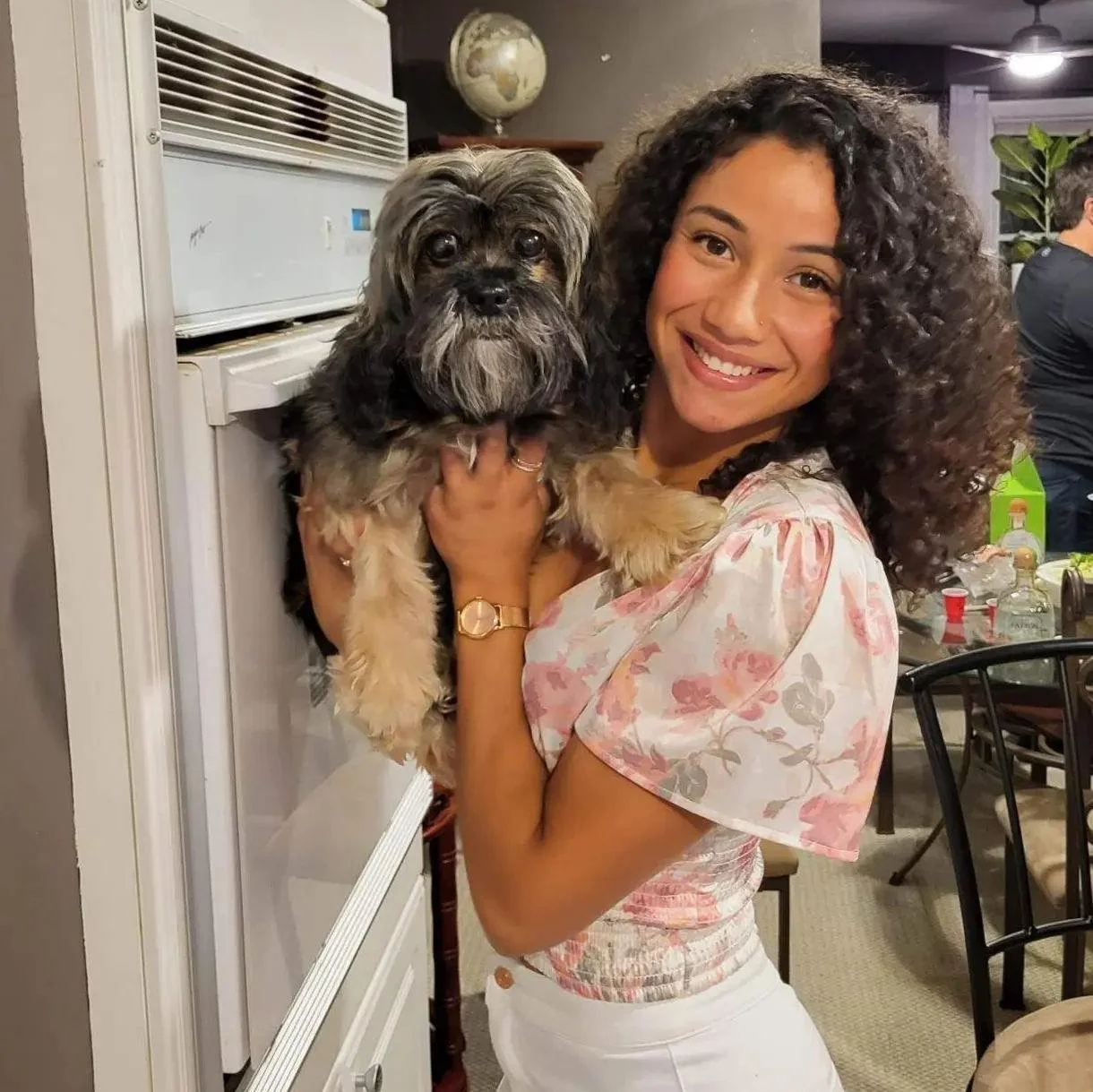
Sylviana Belle
Board Member
-

Ismael Beas
Fruit Tree Specialist & Crew Member
-

Sandra Coveny
Grant Strategist
The Problems We’ve Teamed Up to Solve
1
Instability across the global commercial food system is increasing food prices and food insecurity for billions of people everywhere.
2
Profit-focused producers compromise on freshness, nutritional value, and long-term safety of food.
3
Unsustainable agricultural practices and urban overdevelopment continue to wreak havoc on Earth’s biological systems and human wellbeing.
People are now boycotting industry leaders and switching to alternative solutions, especially locally owned and produced food.
Gardening has also seen a major resurgence:
However, gardening is a time-consuming hobby with a steep learning curve and which can have significant up-front costs (see: The $64 Tomato), which makes it inaccessible to most people already struggling to keep up with expenses in an inflation-heavy world.
Several startups have attempted to capitalize on this, including Seedsheets, Gardyn, and Neverland, as well as countless local done-for-you gardening services like Niche Organic Gardens. We support all who seek to increase soil health and community resilience.
Whether DIY or managed, traditional gardening takes too many resources to feasibly feed millions of people, but the land is available and underutilized.
Enter our solution:
Distributed, Subsidized
Urban Permaculture
Urban permaculture can feasibly replace widespread reliance on commercially grown food thanks to these advantages:
1
An established permaculture zone produces abundantly and regeneratively, meaning no additional resource inputs are required (other than occasional human maintenance)
2
Local & communal ownership of resources creates true impact at the ground level, without hoping for “trickle down” effects or tourism to bring money into the community
Permascaping is…
1
Designing and dominating a new category: Permaculture Landscaping, the future of the $176 billion U.S. landscaping industry (IBISWorld)…
2
…by building and maintaining locally owned permaculture food forests disguised as landscaping…
3
…in order to reestablish local food security, community resilience, mental health, and ecological balance in urban and suburban areas.
Our principles are:
observe • go slow • design • integrate • harvest • iterate • renew
By the way:
We particularly love flood-irrigated land, which is best positioned to produce an abundance of local homegrown food.
A bonus in the desert:
Flood Irrigation
Cities like Phoenix, AZ have thousands of acres of urban land irrigated by flood irrigation, infrastructure intended for traditional agriculture.
This irrigation is lake water, packed with natural fertilizer in the form of wildlife excretion and decay. It’s also 10x cheaper than city water, which is treated with chemicals.
Can you tell where the flood irrigated neighborhoods are?
How about now?
The contrast—and privilege—becomes more stark the closer we get.
For these reasons, flood-irrigated properties have an unfair advantage for growing in the desert southwest.
However, most irrigated properties are not operating nearly at their full production potential, missing out on all the benefits of permaculture.
What’s more, public and private irrigation services currently operate at a deficit, and are trying to either increase service costs, or phase out their services, leaving residents high and dry.
These are the opportunities Permascaping seeks to capitalize on, for the purpose of transforming Phoenix (and cities like it) into resilient, regenerative, locally owned food systems.
Mentors & Advisors
-

Greg Peterson
Serial Entrpereneur,
Founder of the Urban Farm -

Darren Chapman
Founder, Tiger Mountain Foundation
-

Sowan Thai
Serial Entrepreneur, Soil Scientist
Desert Botanical Garden -

Dionne Washington
Founder, Project Roots & AZ Community Hub
-

Jodi Floyd
Founder, Be Fruitful Inc.
501(c)(3) Fruit Rescue Charity -

Ali LoPiccolo
-

Brianne Fisher
Climate Action Manager,
City of Tempe -

Rosanne Albright
Environmental Programs Coordinator,
City of Phoenix -

Cameron James
Food Forest Expert,
Founder, The Grow Food Company




